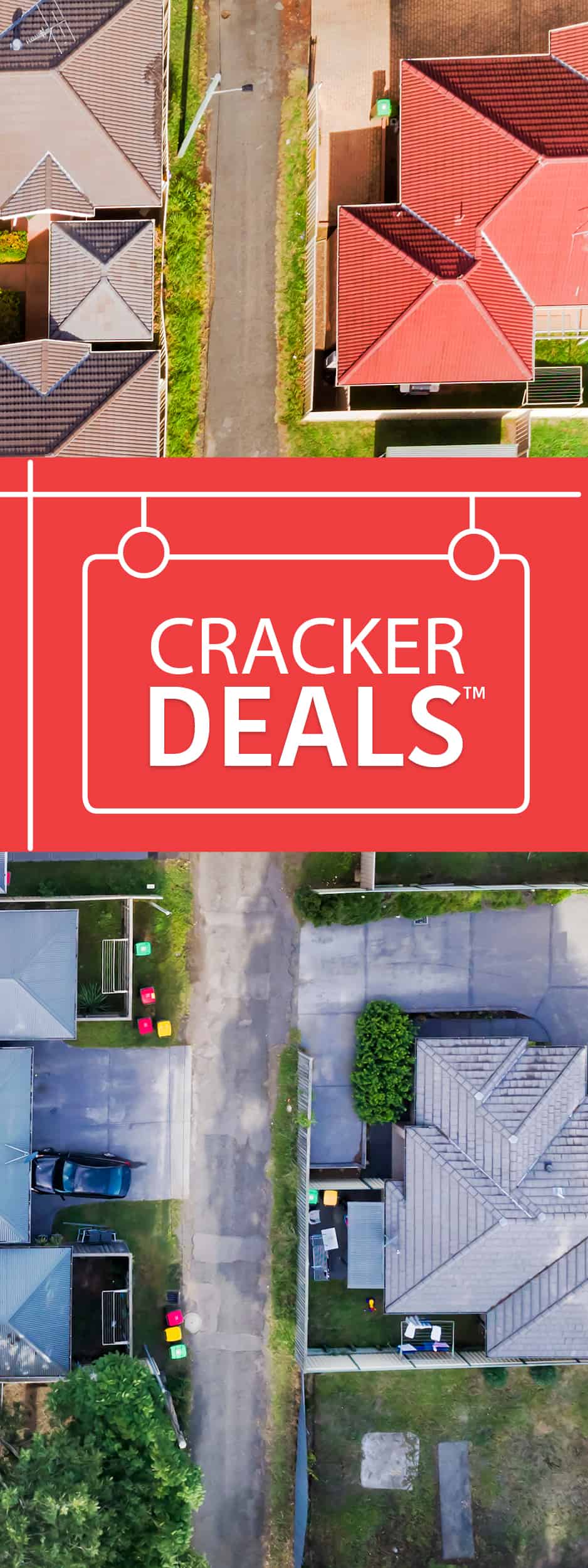- The first step is making the call.
- 1300 022 482
- hello@searchpartyproperty.com.au
What’s Good Debt?

Debt is a bit of a complex topic for property investors. We need it to fund further purchases, grow our portfolios, and can even use it to reduce our tax bills. However, it can also eat into our returns, negate our gains, and even drive us to sell off assets.
Based on this, many investors view debt as a “necessary evil” – something that should be used sparingly and managed conservatively. While this approach should help minimise the risks associated with taking on debt, it can actually inhibit portfolio growth. It also overlooks that not all debt is created equal, and that some debt is actually good debt.
What makes a debt good?
The concept of good debt acknowledges that, when used correctly, debt can be a powerful tool, particularly for investors.
For most of us, having to buy everything in cash would mean there are certain things we could never afford. It would also mean delaying many purchases, while we save up enough money to pay for them outright. As such, debt allows us to acquire things sooner and access opportunities that would otherwise not be available to us.
Some of these things will grow in value over time or can be used to generate income. Others may improve our lifestyle in the short term but will have little value over the long term. This is essentially the difference between good and bad debt.
Put simply, good debt is debt that helps you build wealth. This means that it funds a purchase that more than pays for itself through capital growth or by generating income. A mortgage on a positively geared rental property is a great example of a good debt.
By contrast, a bad debt is one that is just a drain on your finances. This means that what it funds does not produce an income and actually becomes less valuable over time. Consumer debts, like carried over credit card balances and “buy now, pay later” loans, are the most common bad debts.
As a good debt is not only self-servicing, but provides a financial benefit, it can be paid off slowly. However, bad debts should be paid off as quickly as possible, to help minimise their financial impact and total cost.
What to consider when taking on new debt
As an investor, your focus should be avoiding bad debt and getting maximum benefit from good debt. This starts at the beginning of the borrowing process when you are deciding whether to take out a new loan. At this time, it is worth asking yourself:
- What will the money be used for? Is this the best opportunity currently available? And is it something you need right now, or could you wait and pay in cash?
- How will this impact you financially? What are the ongoing costs? And what additional value, if any, will be created?
- Are the ongoing costs likely to increase in the future (e.g. through interest rate rises, etc.)? Will you be able to afford them if they do? And what buffer, if any, do you have in place?
- Will you be able to use the additional value produced to help cover the ongoing expenses? If so, how stable will this income be? And can you afford to cover any shortfalls in this income?
- If you cannot immediately access the additional value produced, how will you cover the ongoing expenses? How reliable is the forecasted growth in value? And what is your backup plan if this growth is not achieved within the expected timeframe?
It is also worth noting here that a good debt can become a bad debt over time. Changes to lending conditions, property prices, and your financial situation can all impact the cost/income balance. As such, it is important to carefully monitor your debts and adjust your repayment approach, if required.
Want to discuss this further?
If you would like more information on the complex role debt plays in property investment, contact Search Party Property. As investment experts, we know how to harness the power of good debt and use it to build wealth. We also work with a network of experienced financial specialists who can help you get your finances in top shape.




